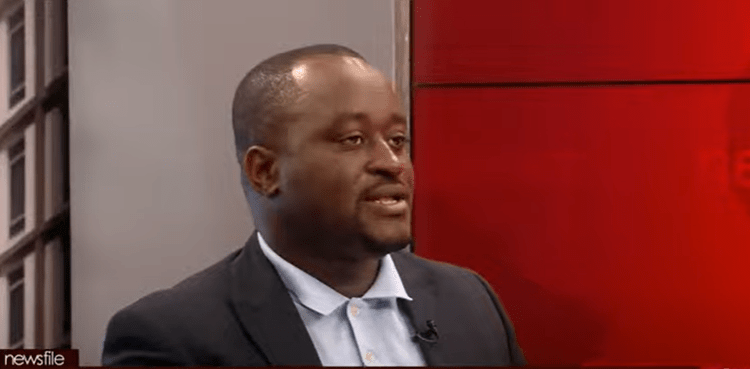24-Hour Economy Requires Deep Execution Strategy and Long-Term Commitment – Dr Theo Acheampong
Economist and Political Risk Analyst, Dr Theo Acheampong, has called for a more robust execution framework and long-term bipartisan commitment to ensure the success of Ghana’s proposed 24-Hour Economy policy.
Speaking during the NorvanReports and Economic Governance Platform (EGP) X Space discussion on the theme, “Beyond the Slogans: Will the 24-Hour Economy Fix Ghana’s Broken Systems?”, Dr Acheampong noted that while the policy presents clear opportunities for economic transformation, its success hinges on stakeholder buy-in, technical coordination, and sustained implementation over a 10 to 15-year horizon.
“A lot of work has to be done in trying to coordinate and ensure efficient execution of the policy,” he stated, emphasising the need for stakeholder engagement and education to build national consensus.
Dr Acheampong expressed cautious optimism, noting that the policy is backed by thorough diagnostics identifying key systemic challenges, but warned that meaningful outcomes would depend on translating intent into action.
Citing the official 276-page policy document, which he has reviewed in detail, he highlighted several sector-specific interventions under the Make 24 programme – the manufacturing-focused component of the 24-Hour Economy – asserting that key sectors such as textiles and garments, and pharmaceuticals are central to the strategy.
Location-Based Incentives and Infrastructure Support
In the textile sector, he referenced proposed incentives including free land access for up to 10 years in enclaves such as Akosombo and Dodi, as well as import duty exemptions on capital goods and raw materials. These incentives are further backed by Fund 24 initiatives aimed at providing shared infrastructure such as renewable energy, wastewater treatment, broadband access, and warehousing to improve productivity and competitiveness.
He also cited plans for a Legon Pharmaceutical Innovation Park, which seeks to foster collaboration between pharmaceutical firms and research institutions to enhance patent development and innovation capacity for regional competitiveness.
Policy Anchors and Measurement Framework
Dr Acheampong underscored the need to align the 24-Hour Economy policy with other sectoral strategies, including those for pharmaceutical manufacturing and automotive components. He noted that these supporting frameworks must be refined to complement the broader agenda.
He called for the establishment of a clear implementation roadmap, complete with six-month, one-year, and multi-year targets and indicators to ensure transparency and measure impact.
“We’ve got to see a six-month program, a one-year program, and a two-year program. All these should be tied to the fiscal support and incentives being given,” he said, warning that failure to do so could result in the programme remaining “just on paper.”








